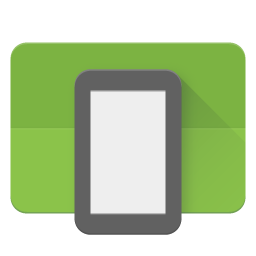Noteful APP
Designed with the input of over 80 music educators, Noteful uses the piano keyboard as a reference for understanding music theory. You’ll be able to interact with our embedded keyboard right in the app, so you can complete your lessons on a park bench or while riding the bus.
No worries if you’re a total beginner–Noteful starts you off gently by introducing concepts one at a time and introducing new concepts gradually while allowing you to practice what you’ve learned. Need to review? Noteful won’t just spit out the same questions you answered the first time–our extensive database provides you with a whole new set of material so that you’re practicing the same concept with new questions and exercises.
You’ll get to progress through a wide array of lessons that teach you about Form, Rhythm, Ear training, Staff, and Harmony, as well as musical terms. You’ll be constructing intervals right on the staff, repeating melodies and rhythms with the sing-back feature, locating notes on the staff and on the piano keyboard, matching beat patterns, identifying individual notes and melodies by ear, and more.
How can note reading and music theory enhance your musical experience?
Reading Notes
Becoming proficient at reading notes unlocks many opportunities as a musician. Students who read music have a much easier time participating in ensembles such as band, orchestra, and choir. It’s nice to walk into those settings and know what’s going on rather than feeling lost and intimidated by all the dots on the page.
Reading notes also allows you to sit down anytime and have fun playing from sheet music. Whether it’s your comprehensive collection of Beatles songs, or a Beethoven sonata, reading music lets you have fun exploring this music on your own. And studies show that playing music, rather than just listening to it, helps develop long term memory.
Ear training
Training your ear to hear the difference between intervals and to identify rhythms can be a game changer. If you hear a song and want to learn how to play it, ear training can help you figure it out. If you are playing a piece of music by heart, ear training skills support your ability to “hear” the notes in your mind before you need to play them. Understanding what intervals sound like ups your improv game as well. Ear training even helps you to be more proficient at reading music, especially if you learn the ear training in conjunction with developing your note reading skills. And if you want to compose, having ear training skills will help you transcribe your musical ideas.
Music Theory
Talking about music theory can sound intimidating, but really it’s just learning how music is put together. There are some basic ways that notes, chords, and harmonies interact that help us to predict what might come next in the music (or to be surprised if it’s not the predictable thing!) That’s pretty useful whether you’re playing Mozart, your favorite Selena Gomez song, or improvising your own stuff. Music theory knowledge helps with improv, memorization, interpretation, expression, and impressing your date (well, you can let us know on that last one).
Our learning scientists and development team are continually working to expand the content in the app, as well as to make the Noteful experience useful and fun. We welcome your thoughts and feedback.
www.noteful.net

